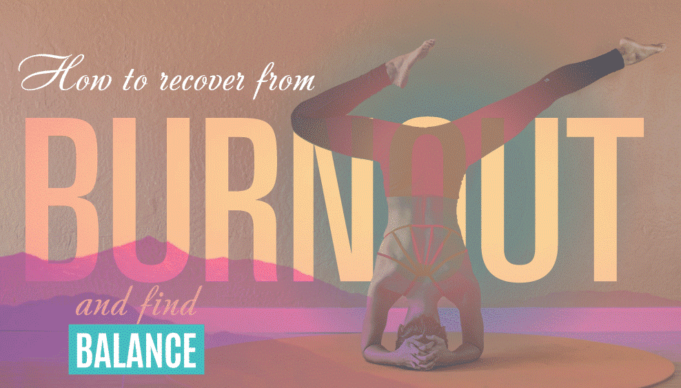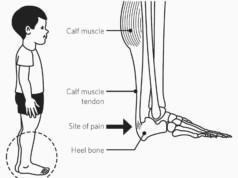Most people aren’t aware of the many ways stress can impact your physical health. Fatigue, weight gain, insomnia, and more are all warning signs that stress is starting to take its toll on your physical health.
The culprit oftentimes is burnout, which comes from prolonged stress in your work or personal life. How can you recognize the signs and prevent it from causing you serious harm?
Recognizing the signs of burnout is crucial. Emotional exhaustion, feelings of bleakness, and feelings of helplessness are all signs that you are burning out. When everything you do leaves you feeling drained, it’s time to take action to make the situation better before things get out of hand.
Your workplace is probably the culprit in your burnout – 61% of American workers report that they feel burned out at their jobs. Symptoms of workplace burnout include:
- Having a short temper with your colleagues or customers
- A drastic change in your eating or drinking habits
- Not being able to be thankful for your job
- Lacking motivation to even show up to work
- Constantly having to remind yourself to get on task
- Being overly critical
Things that can cause these feelings include:
- Taking actions that don’t mesh with your personal beliefs
- Feeling mundane about your daily work
- Continuing to work outside of work hours
- Your expectations are too high and you keep falling short
- Feeling like there’s too much to do and not enough time
- Being in a caustic or unsupportive workplace
- Having a workload that is significantly greater than the pay rate
- Feeling unappreciated
- Hating your job but not being able to quit
America is one of the most stressful places in the industrialized world to live, ranking 54th in stress levels out of 195 countries. Places like Germany, Switzerland, and Luxembourg rank as some of the least stressful places to live.
Culture has a lot to do with stress – we’ve all seen the stories about people literally working themselves to death in Japan. So how can you decrease your stress level and stop burnout stress from negatively impacting your life? There are certain occupations where the burnout rate is higher than the general population.
Doctors and nurses deal with people dying every day, as do those in law enforcement and social workers. Having the additional stress of doing a hard or sad job can make you burn out really quickly. Teachers also often have these problems as they struggle to reach kids who come from unsafe homes or no homes at all.
Working toward a better work-life balance is key to preventing burnout from taking over your life. Learn when to stop for the day and hone your time management skills. Utilizing organizational tools and apps can take you a long way toward work-life balance! Prioritize your tasks and take regular breaks.
Learn to ask for help and to delegate tasks whenever possible. Most importantly, get regular exercise and take time to relax often. Learn more about combatting burnout from this infographic. Your health will be better for it!













